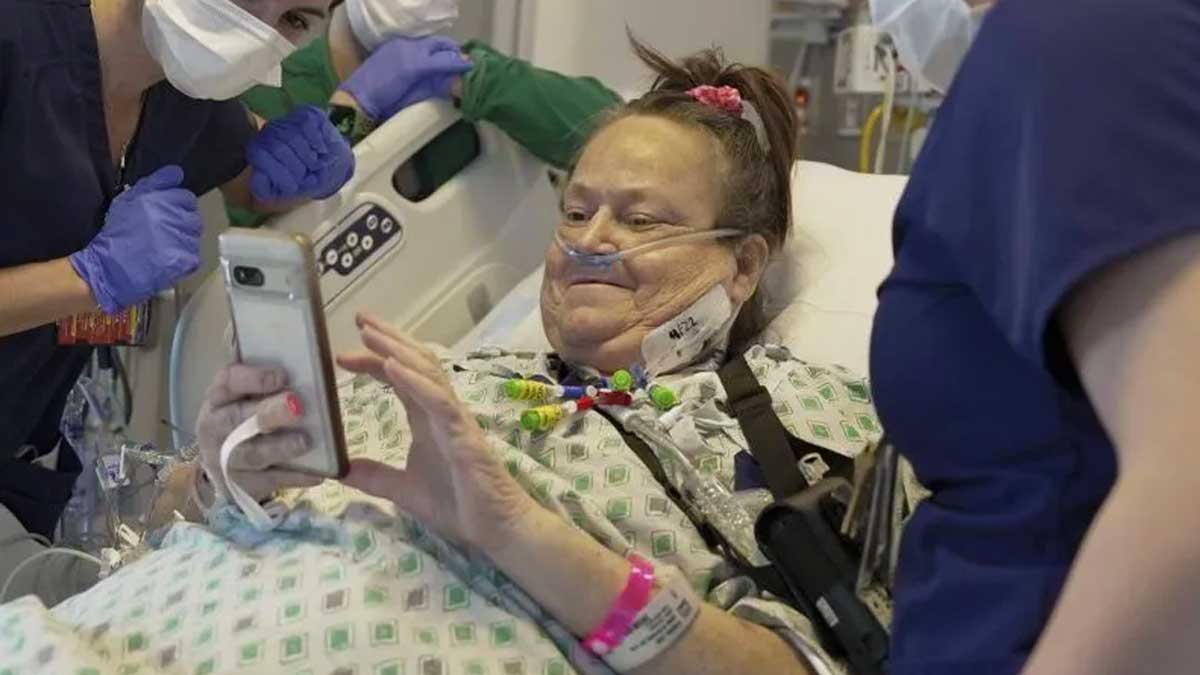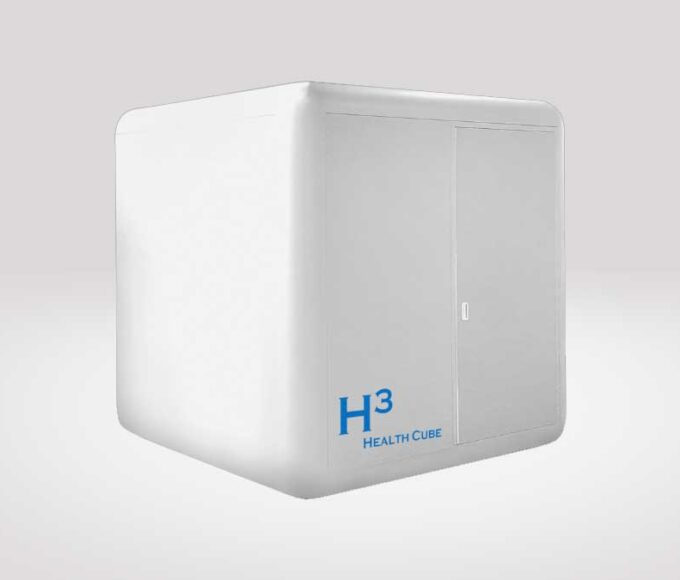- Home
- Billionaires
- Investing Newsletters
- 193CC 1000
- Article Layout 2
- Article Layout 3
- Article Layout 4
- Article Layout 5
- Article Layout 6
- Article Layout 7
- Article Layout 8
- Article Layout 9
- Article Layout 10
- Article Layout 11
- Article Layout 12
- Article Layout 13
- Article Layout 14
- Article Sidebar
- Post Format
- pages
- Archive Layouts
- Post Gallery
- Post Video Background
- Post Review
- Sponsored Post
- Leadership
- Business
- Money
- Small Business
- Innovation
- Shop
Recent Posts
First Combined Heart Pump and Pig Kidney Transplant

NYU Langone Health Surgeons Achieve Medical Milestone with World’s First Combined Heart Pump and Pig Kidney Transplant Surgeons at NYU Langone Health have made medical history by successfully performing the world’s first combined heart pump and gene-edited pig kidney transplant surgeries. This groundbreaking procedure, conducted on a 54-year-old woman with end-stage kidney disease, marks a significant advancement in medical science and follows closely behind the first successful transplant of a pig kidney in late March.
The patient, Lisa Pisano, hailing from New Jersey, was experiencing heart failure and undergoing routine dialysis for her kidney disease. However, due to several chronic illnesses, she was not eligible for traditional heart or kidney transplants, which have a reduced likelihood of success in such cases, according to NYU Langone Health.
In a landmark procedure, Pisano was matched with a gene-edited kidney from a pig, which included an attached thymus from United Therapeutics Corp., referred to as a “UThymoKidney.” The surgeries took place over nine days in early April, with the first procedure involving the implantation of a left ventricular assist device (LVAD), or heart pump, followed by the xenotransplant of the pig kidney on April 12.
Dr. Nader Moazami, a cardiac surgeon at NYU Langone Health, explained that Pisano would not have been eligible for an LVAD without a kidney transplant, citing the high mortality rate in dialysis patients with heart pumps. He noted that this approach, combining an LVAD with a subsequent kidney transplant, was a first-of-its-kind procedure.
Pisano is currently recovering in the ICU and is expected to undergo at least a month of rehabilitation before potential discharge, with transplant surgeon Dr. Robert Montgomery indicating she may need several months of rehabilitation.
In a related development, surgeons at Massachusetts General Hospital announced in late March the successful transplant of a kidney into a 62-year-old male patient suffering from end-stage kidney disease.
More than 89,000 individuals are currently on the national transplant waiting list for a kidney as of March, according to the Health Resources and Services Administration, with over 103,000 people on the national organ transplant waiting list.
Xenotransplantation, the transplantation, implantation, or infusion of non-human organs, tissues, or cells, is increasingly studied as a solution to the growing need for organs. Although not yet FDA-approved, it is permitted under the agency’s expanded access pathway, allowing patients to seek experimental treatments for life-threatening issues. Xenotransplants offer hope for saving lives and improving patient quality of life, especially given the alarming statistics of 17 people dying each day while waiting for an organ, and a new person being added to the national transplant waiting list every eight minutes.
Recent Posts
Categories
- 193cc Digital Assets2
- 5G1
- Aerospace & Defense46
- AI37
- Arts3
- Banking & Insurance11
- Big Data3
- Billionaires494
- Boats & Planes1
- Business328
- Careers13
- Cars & Bikes76
- CEO Network1
- CFO Network17
- CHRO Network1
- CIO Network1
- Cloud10
- CMO Network18
- Commercial Real Estate7
- Consultant1
- Consumer Tech180
- CxO1
- Cybersecurity68
- Dining1
- Diversity, Equity & Inclusion4
- Education7
- Energy8
- Enterprise Tech29
- Events11
- Fintech1
- Food & Drink2
- Franchises1
- Freelance1
- Future Of Work2
- Games141
- GIG1
- Healthcare78
- Hollywood & Entertainment186
- Houses1
- Innovation42
- Investing2
- Investing Newsletters4
- Leadership65
- Lifestyle11
- Manufacturing1
- Markets20
- Media193
- Mobile phone1
- Money13
- Personal Finance2
- Policy567
- Real Estate1
- Research6
- Retail1
- Retirement1
- Small Business1
- SportsMoney33
- Style & Beauty1
- Success Income1
- Taxes2
- Travel10
- Uncategorized8
- Vices1
- Watches & Jewelry2
- world's billionaires463
Related Articles
What Healthcare Can Learn from Nvidia’s Success
The tech industry is undergoing a seismic transformation, with two of its...
By 193cc Agency CouncilDecember 16, 2024Salmonella Triggers Recalls of Costco Eggs and Cucumbers
The recent salmonella outbreak has prompted the recall of two major food...
By 193cc Agency CouncilNovember 30, 2024Bird Flu Found in Raw Milk in California, Recall Issued
California health authorities have confirmed the presence of the bird flu virus...
By 193cc Agency CouncilNovember 25, 2024UniDoc Health Launches Mobile ‘Health Cube’ for Remote Care
UniDoc Health, a Vancouver-based company, is revolutionizing healthcare accessibility with the launch...
By 193cc Agency CouncilNovember 23, 2024















Leave a comment